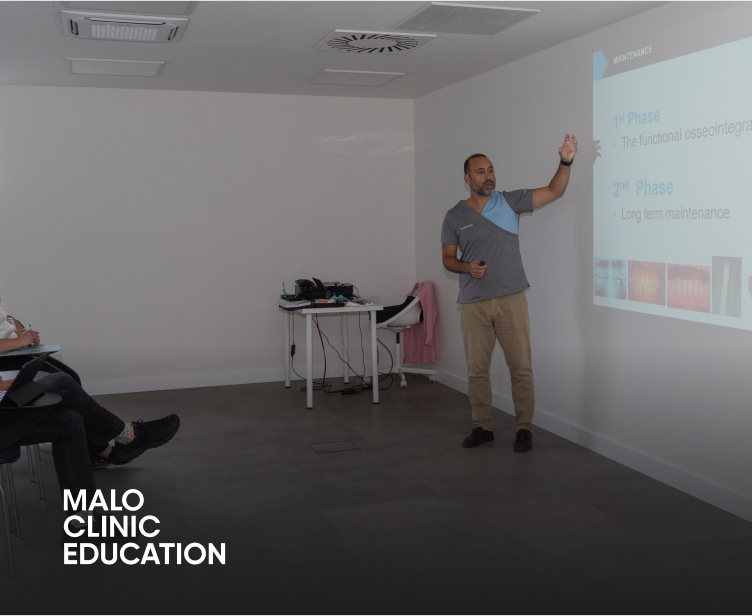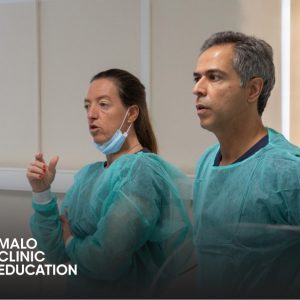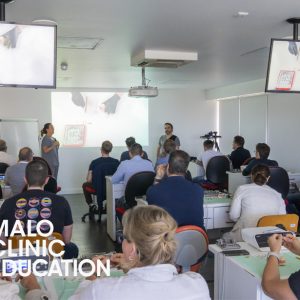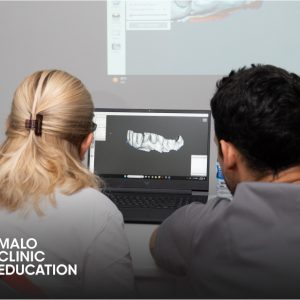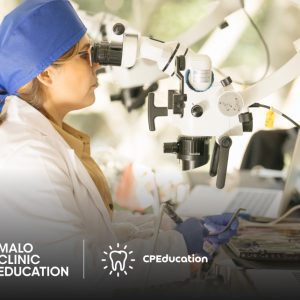IMPLANT MAINTENANCE A PRACTICAL APPROACH
250.00€ – 1,000.00€
• Implantology- General Notions
• 1st phase Implant Maintenance protocol (Osseointegration period) • 2nd phase Implant Maintenance protocol (Long term Maintenance) • Clinical Epidemiology
• Peri-implant pathology
• Zygoma Implants
Additional information
| Payment Option | Pay for the course, Pay for the course, deducting the previously paid reservation, Pay to reserve a spot |
|---|

